Showing 1-15 of 162 results
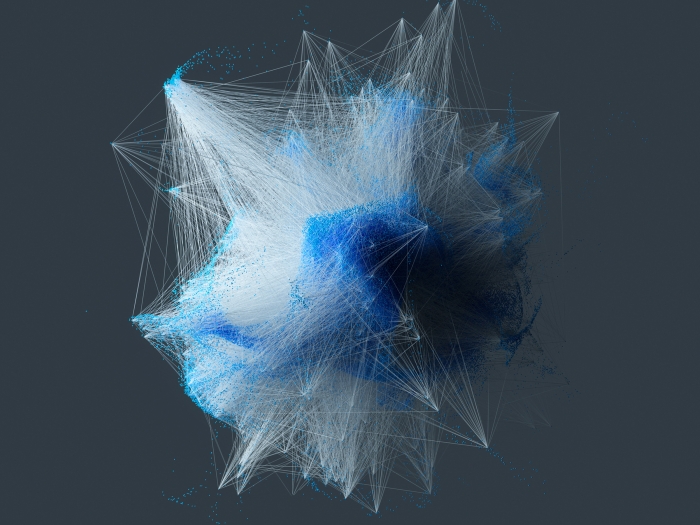
Health Lab
When white blood cells, meant to protect the body from infection, are overly activated, they eject their DNA into nets, further disrupting the immune system and making patients more likely to develop a potentially severe reaction to immunotherapy.
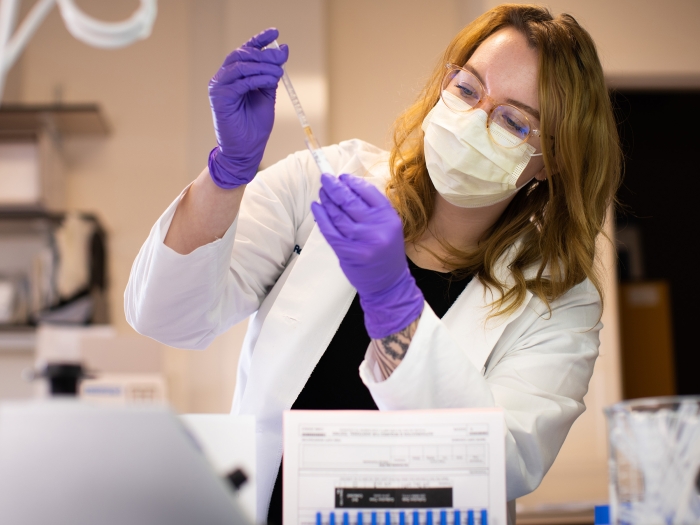
Health Lab
Changing how often a popular cancer therapy is delivered would reduce greenhouse gas emissions and improve environmental impact without decreasing cancer survival, according to a new analysis from researchers at the University of Michigan Health Rogel Cancer Center.
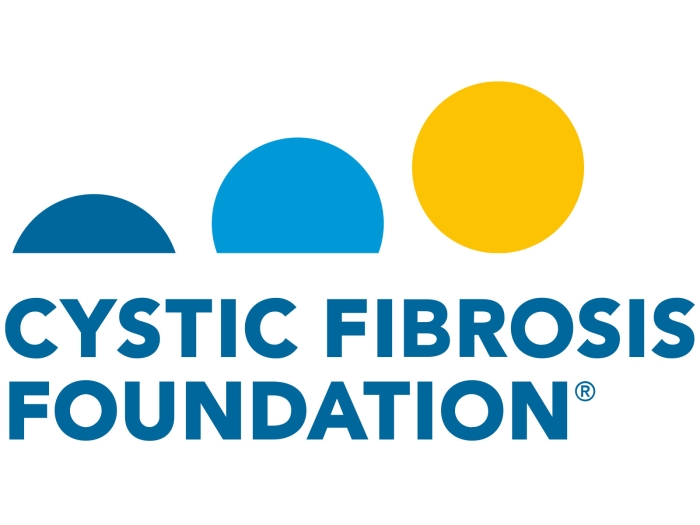
Department News
Assistant Professor Rachel Niederer of the Department of Biological Chemistry at U-M Medical School is one of the recipients of a collaborative award from the Cystic Fibrosis Foundation.
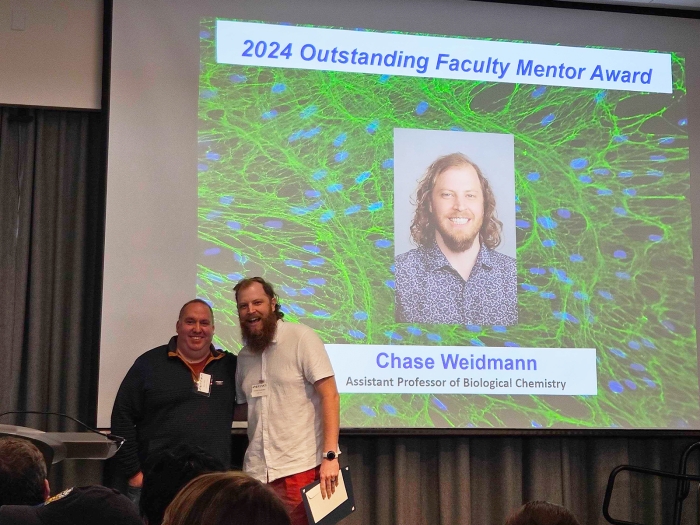
Department News
Assistant Professor Chase Weidmann of the Department of Biological Chemistry at U-M Medical School is the 2024 recipient of the Outstanding Faculty Mentor Award from the CMB Program.
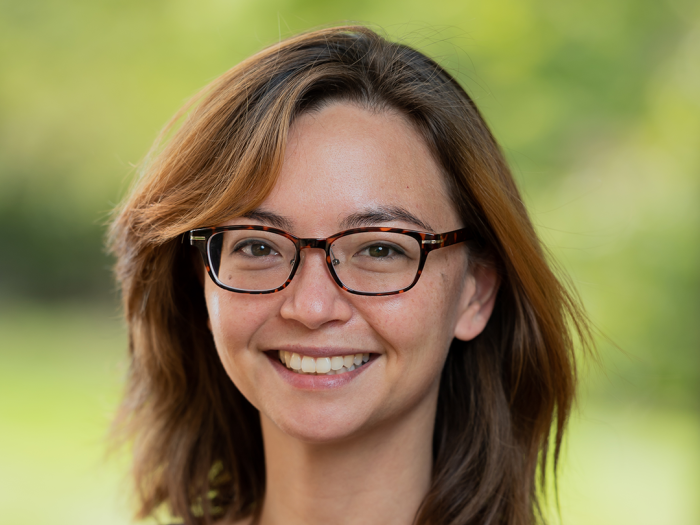
Department News
M&I Teresa O'Meara is a recipient of of the Investigators in the Pathogenesis of Infectious Disease (PATH) program of the Burroughs Wellcome Fund. Her lab will further study the mechanisms of attachment and virulence for C. auris, with a focus on how the novel adhesin contributes to pathogenesis. On a practical level, their work will suggest strategies for developing vaccine candidates and therapeutics to limit disease caused by this emerging pathogen.
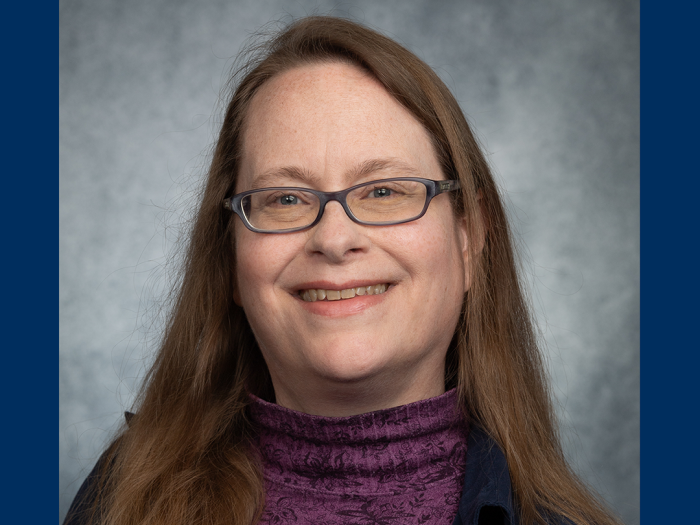
Department News
On May 16, 2024, the Regents of the University of Michigan promoted Melanie Pearson, Ph.D., to Associate Professor on the Research Track, effective September 1, 2024.

Department News
Yan Zhang, PhD, Jeanne Stuckey, PhD, Markus Ruetz, PhD, Michael Cianfrocco, PhD, and Wei Cheng, PhD, have been promoted.

Health Lab
The newest version of the heparin reversal drug, described in a recent issue of Advanced Healthcare Materials, adjusted the number of protons bound to it, making the molecule less positive so it would preferentially bind to the highly negative heparin, resulting in a much safer drug.
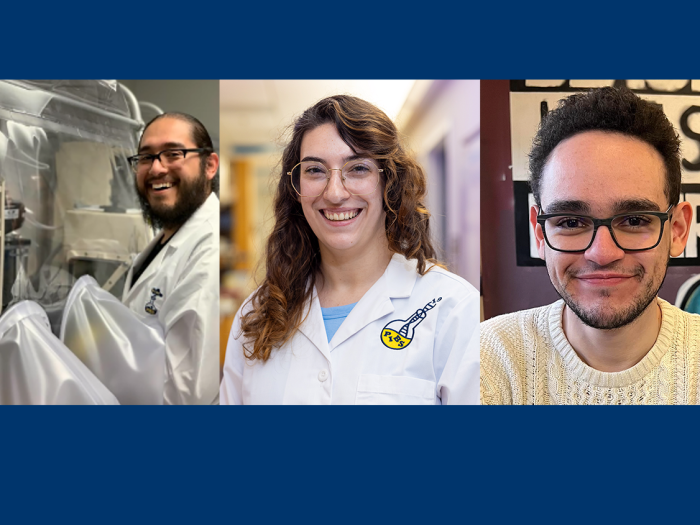
Department News
Faith Anderson, Jaime Fuentes, and Andrés Rivera Ruiz, M&I Ph.D. candidates, have been awarded prestigious fellowships from Rackham Graduate School, in recognition of their academic excellence. Congratulations, we’re so proud of you!

Health Lab
A melanoma survivor shares facts and tips about preventing all types of skin cancer.
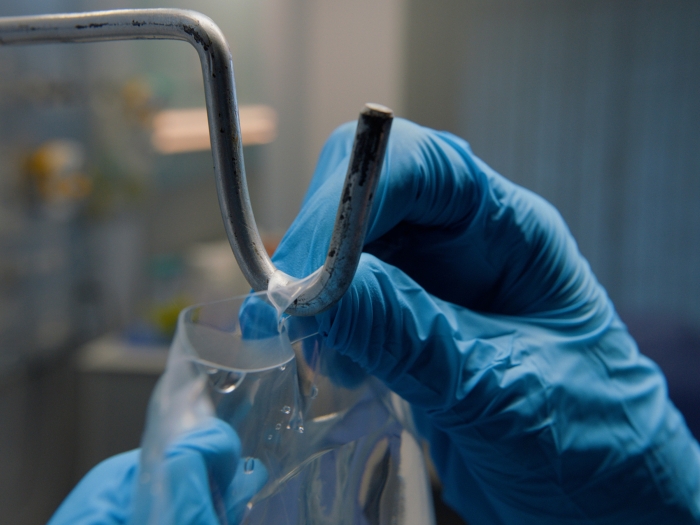
Health Lab
In emergency rooms and intensive care units across the country, clinicians make split-second decisions about which antibiotics to give a patient when a life threatening infection is suspected. Now, a study reveals that these decisions may have unintended consequences for patient outcomes.
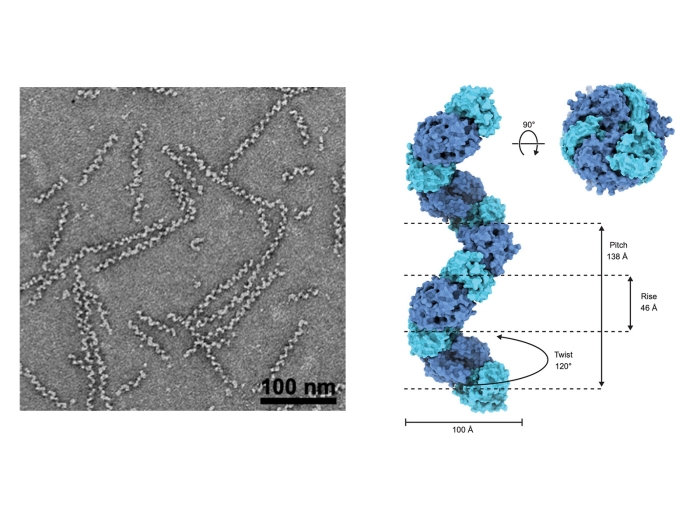
Department News
Recent research achievements from the Giessen lab.

Health Lab
The availability of clinical trials of new treatments for cancer varies greatly by geography, and a new study shows more socially vulnerable areas have far fewer.
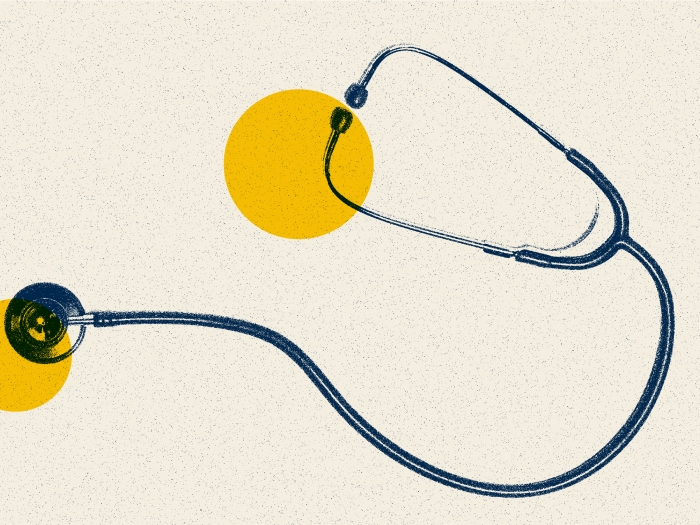
Health Lab
A study builds on previous work that found depriving T cells of iron prevented cells from proliferating. The current study, published in PNAS, found that excess iron is just as problematic.